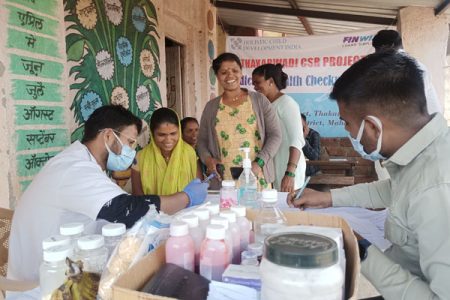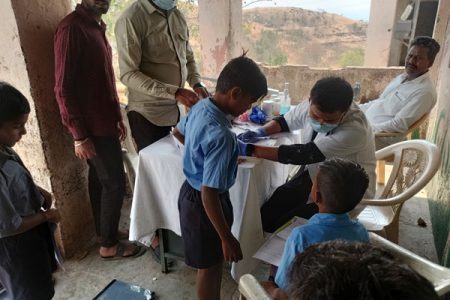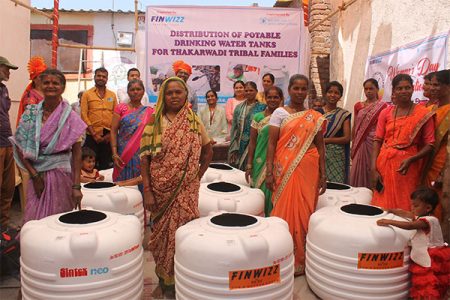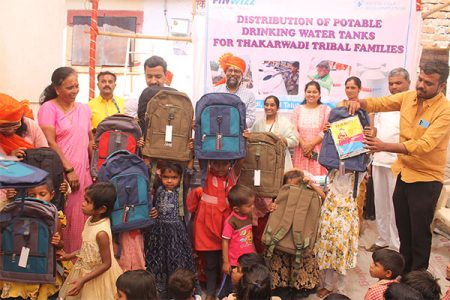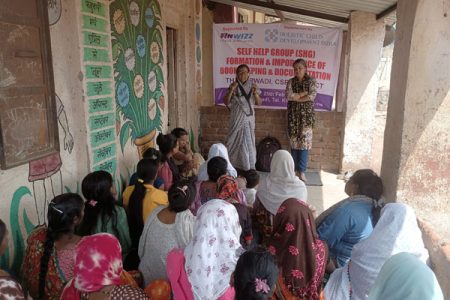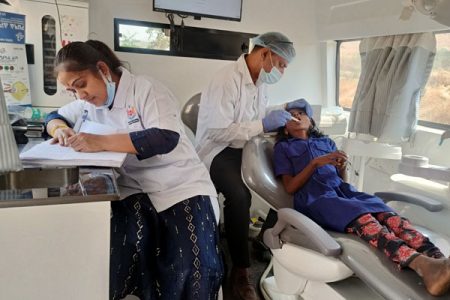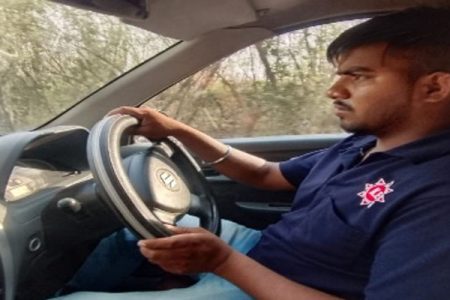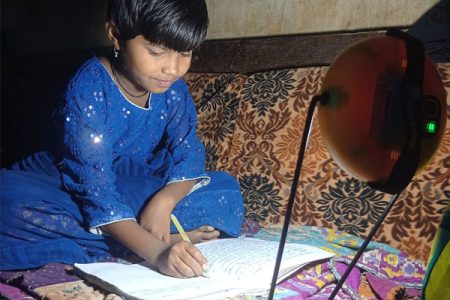As part of Holistic Child Development India’s (HCDI) mission to uplift marginalized communities through child-centred, community-driven interventions, the Thakarwadi Sustainable Tribal Development Project was launched in Khed Taluk, Pune District with the generous CSR support of FINWIZZ. This initiative focuses on transforming the lives of over 70 tribal families, especially the 116 children of Thakarwadi village, through a holistic and sustainable development approach.
Situated in a remote area with limited infrastructure, the Thakarwadi tribal community has long struggled with issues such as poverty, limited healthcare access, inadequate education, and a lack of basic amenities like electricity and clean water. HCDI, with the support of its partners, has taken bold steps to address these challenges through locally anchored programs designed to foster empowerment, resilience, and self-sufficiency.

